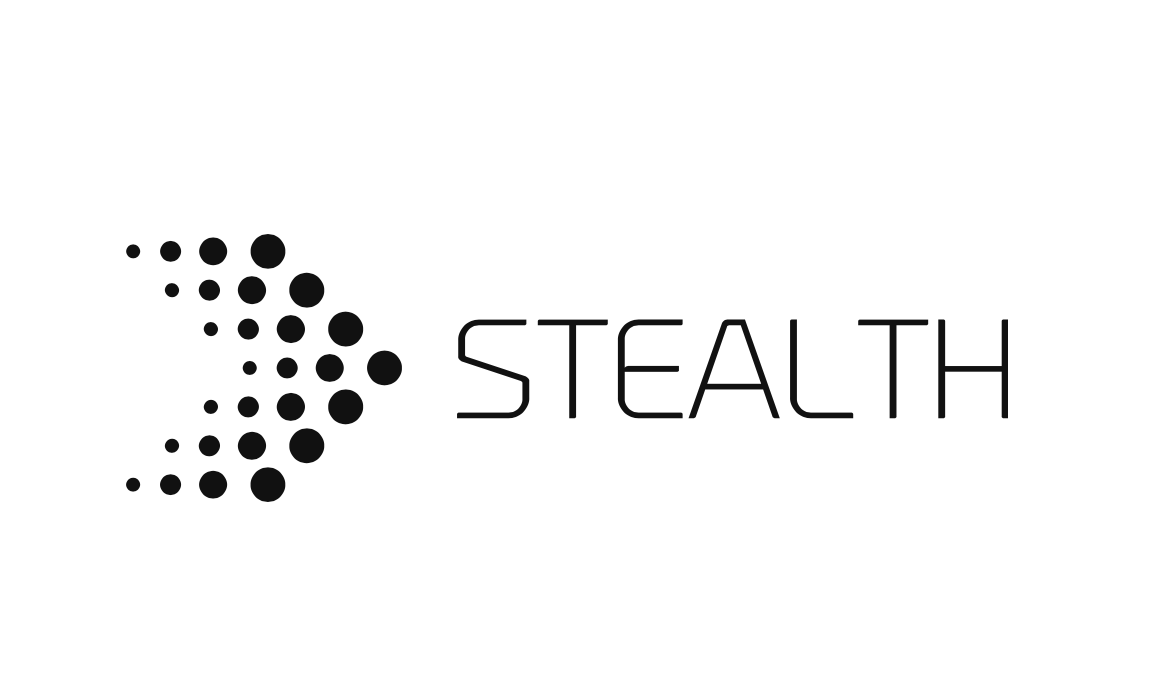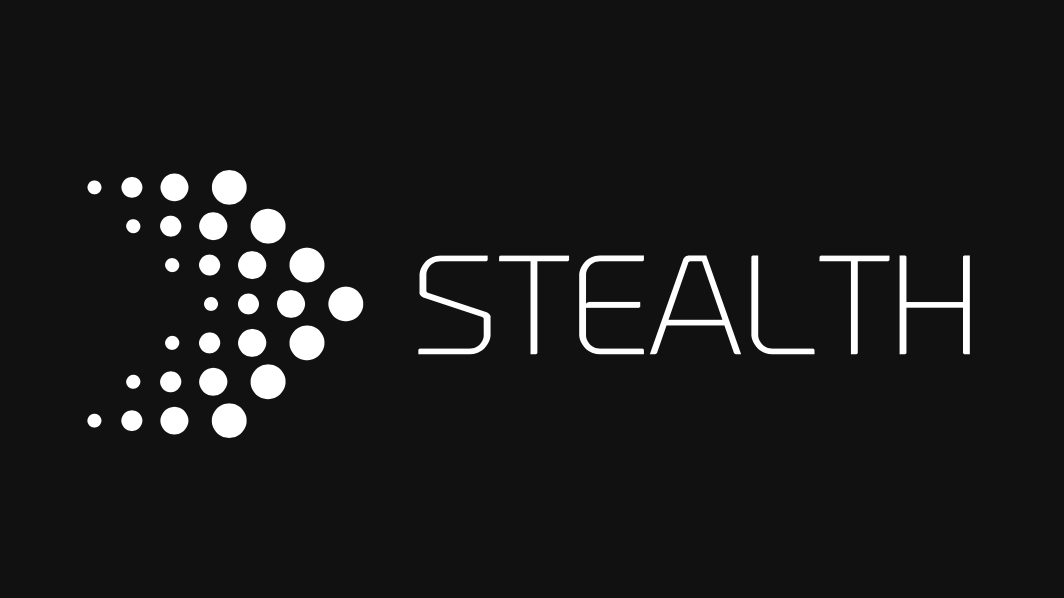10 Simple Tips for Biotechnology Startups to Secure, Defend, and Challenge Intellectual Property
Intellectual property is one of the most important assets a biotechnology startup can possess. Securing and defending your intellectual property is critical to success, and challenging others' intellectual property can give you an edge in the competitive marketplace. In this blog post, we will discuss ten simple tips that biotech startups can use to protect their intellectual property.
Be clear about what you want to protect.
Before you can secure and defend your intellectual property, you need to be clear about what it is that you want to protect. That might include your product or process technology, your brand, or your company name. Once you have a clear understanding of what you want to protect, you can start to develop a strategy for doing so.
Get expert help.
Intellectual property law is complex, and it is important to get expert help when developing your IP strategy. An experienced patent attorney can help you identify what intellectual property you have, and how best to protect it.
File for patents early.
One of the best ways to protect your intellectual property is to file for patents as early as possible. This will give you exclusive rights to your invention, and it will also give you a stronger position if you ever need to enforce your patent against someone else.
Keep trade secrets secret.
If you have information that you want to keep confidential, make sure that you take steps to keep it secret. That might include implementing security measures, such as physical security and non-disclosure agreements.
Be aware of the risks.
There are always risks associated with intellectual property, so it is important to be aware of them. For example, if you file for a patent, there is a risk that your application will be rejected or that someone will challenge your patent.
Develop a strong IP portfolio.
A strong IP portfolio can give you a competitive advantage in the marketplace and make it easier to defend your intellectual property against others. To build a strong IP portfolio, you should consider filing for patents on key inventions, registering trademarks for important brands, and copyrighting any original content that you create.
Enforce your IP rights.
If someone infringes on your intellectual property, you should take steps to enforce your rights. That might include sending a cease and desist letter or filing a lawsuit.
Challenge others' IP rights.
One way to get an edge in the marketplace is to challenge the validity of other companies' intellectual property. This can be done through a process called inter partes review, which is available for patents that have been issued by the US Patent and Trademark Office.
Be careful when licensing IP.
When you license your intellectual property to others, you need to be careful about what rights you are giving them. Make sure that you understand the terms of the agreement and that you are comfortable with the risks.
Monitor your IP portfolio.
Your IP portfolio will change over time, so it is important to monitor it and make sure that it still meets your needs. For example, you might need to file for new patents or renew existing ones.
These are just a few of the many things that biotechnology startups need to know about intellectual property. By following these tips, you can help to protect your startup's valuable IP assets.
Stealth B&B can help you with a variety of intellectual property issues, including patents, trademarks, and copyrights. We can help you to identify what intellectual property you have and how best to protect it. We can also help you to file for patents, register trademarks, and copyright your original content. If someone infringes on your intellectual property, we can help you to enforce your rights. And if you need to challenge the validity of another company's intellectual property, we can help you to do that as well. Contact us today to learn more about how we can help you with your intellectual property needs.

